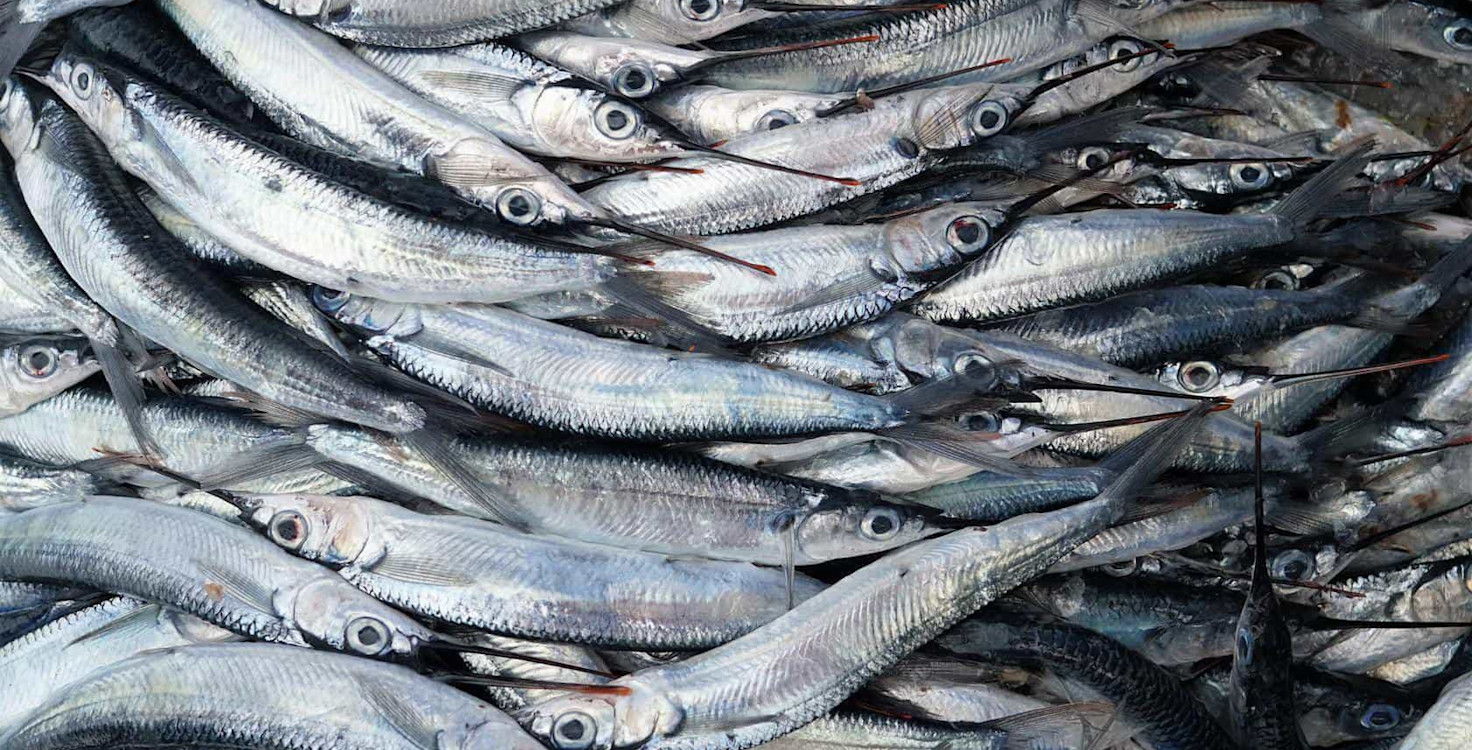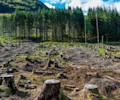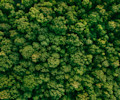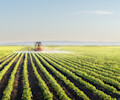One of the major events of last week’s Conference of the Parties in Madrid was the launch of a new study showing how climate change is reducing oxygen levels in the world’s oceans.
Driven by warming waters, ocean oxygen levels decreased by around 2 percent between 1960 and 2010. While this might not seem like much, in some tropical locations the loss has been over 40%, resulting in more than 700 “dead zones” – some encompassing thousands of square miles – where fish struggle to survive.
For fish farming companies and their investors, the report’s findings are far from academic. Indeed, just a few months prior, Northern Harvest Sea Farms (a subsidiary of Norwegian salmon giant Mowi) lost 2.6 million salmon in a related incident.
Northern Harvest Sea Farms said an unexpected “climate event” caused an extended period of high-water temperatures between 17°C and 21°C. Salmon clustered at the bottom of pens in search of cooler water and suffocated from a lack of oxygen, costing Mowi over CAD $7 million in stock alone. The die-off also caused extensive environmental pollution, with thousands of tonnes of decaying matter leaking out of the cages.
Northern Harvest has had its licences suspended following criticism for its environmental practices – deeper nets with aeration systems could have reduced the incident’s severity – and lack of transparency, after attempting to conceal the full scale of the disaster. It has made a public apology, pledged to upgrade its infrastructure and replaced its CEO, but must wait to see if those licences will re-issued next year. If and when that happens, they may be subject to more stringent regulations, with Newfoundland’s fisheries policies currently under review.
The incident has also reignited a debate over the sustainability of ocean-based aquaculture. While salmon is often touted as an environmentally-friendly meat alternative, the latest science suggests its climate impacts are similar to chicken and pork production.
An industry-wide problem
Climate risk is a relatively underexplored issue in aquaculture, highlighted by FAIRR’s ‘Shallow Returns?’ report on the sector earlier this year. The report warned investors that global aquaculture “must overcome an array of environmental, social and governmental risks before it should be considered a sustainable solution to meeting the growing global demand for protein.”
Mowi is a strong performer on disease and ecosystem issues. According to research by the Coller FAIRR Index the company uses a number of preventative measures against established issues such as sea lice infestation, but this does not translate into strong management of systemic environmental risk. Few producers are comprehensively reporting on how they are adapting to climate risk – an issue FAIRR will be assessing in greater detail in 2020.
Mowi’s travails, despite its high ranking against peers on sustainability impacts, suggest that other producers are likely to be at even greater risk from this industry-wide problem.
Indeed, in 2016 two climate-driven algal bloom outbreaks killed 39 million caged Atlantic salmon, amounting to nearly $800 million in losses for fish farmers in Chile.
Looming regulation threatens returns
In addition to the concerns surrounding a warmer climate, the potential for regulatory change presents another risk on the horizon for the aquaculture industry. The ruling Canadian Liberal Party has pledged to phase out salmon farming in open net-pen systems within British Columbia by 2025. Party leader Justin Trudeau has just won a second term but without securing a parliamentary majority, muddying the waters around the proposal’s future.
In Norway, the world’s largest salmon producer, proposals are being discussed to impose stricter requirements for companies to manage the risk of escapees. The US state of Washington has already banned farming of non-native fish following the escape of hundreds of thousands of farmed salmon from a Cooke Aquaculture farm.
This regulatory uncertainty is creating concern among investors. The rapid spread of the aquaculture industry is an alluring growth story, but only if it tackles the environmental and social issues that underpin its long-term viability.
Investor members of FAIRR can learn more about ESG risks in the aquaculture sector in our recent report, ‘Shallow Returns?’. Investors can also explore how aquaculture companies such as Mowi compare with other protein producers on sustainability in the Coller FAIRR Index, a comprehensive source for ESG risk analysis.
FAIRR insights are written by FAIRR team members and occasionally co-authored with guest contributors. The authors write in their individual capacity and do not necessarily represent the FAIRR view.










